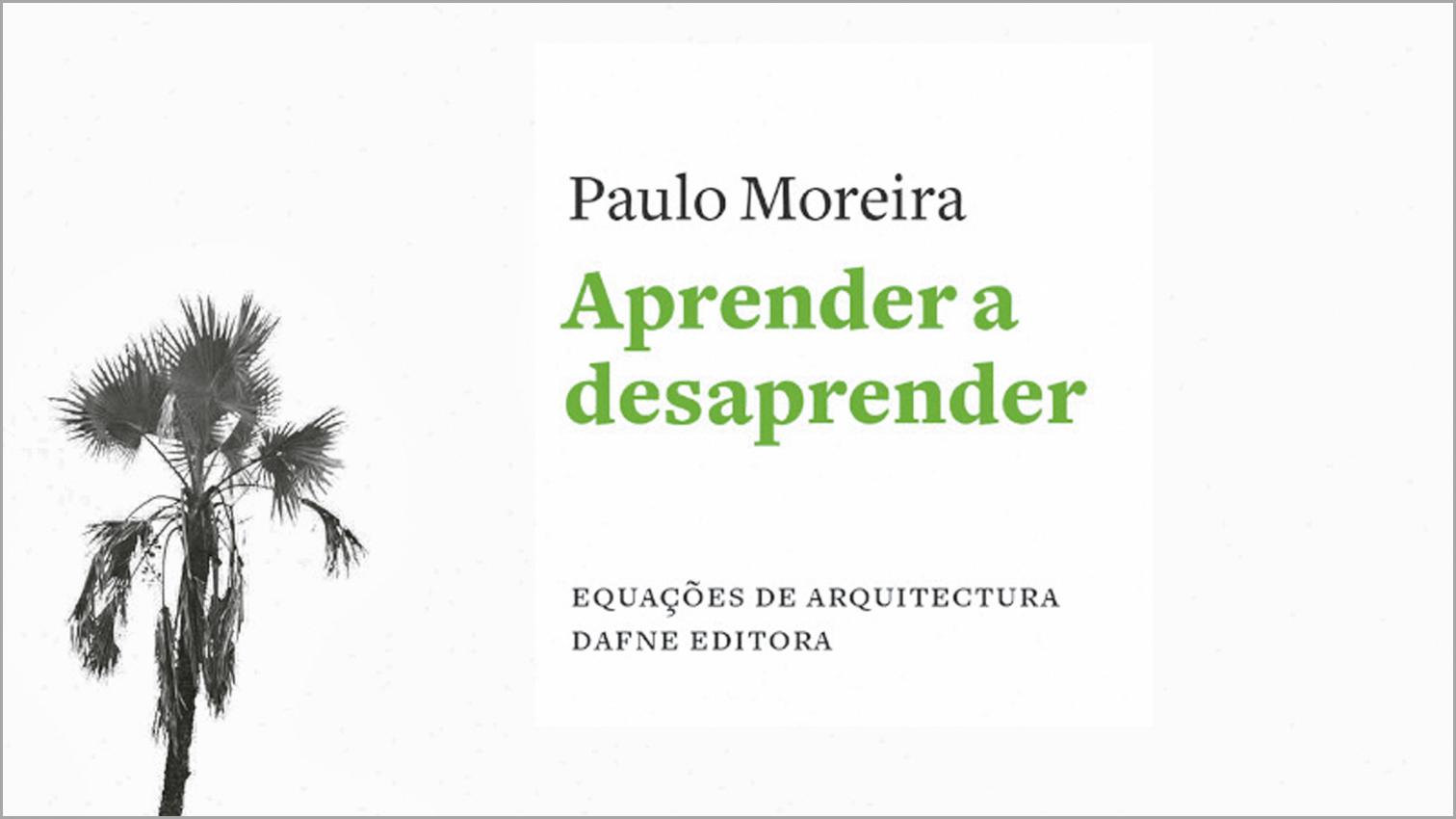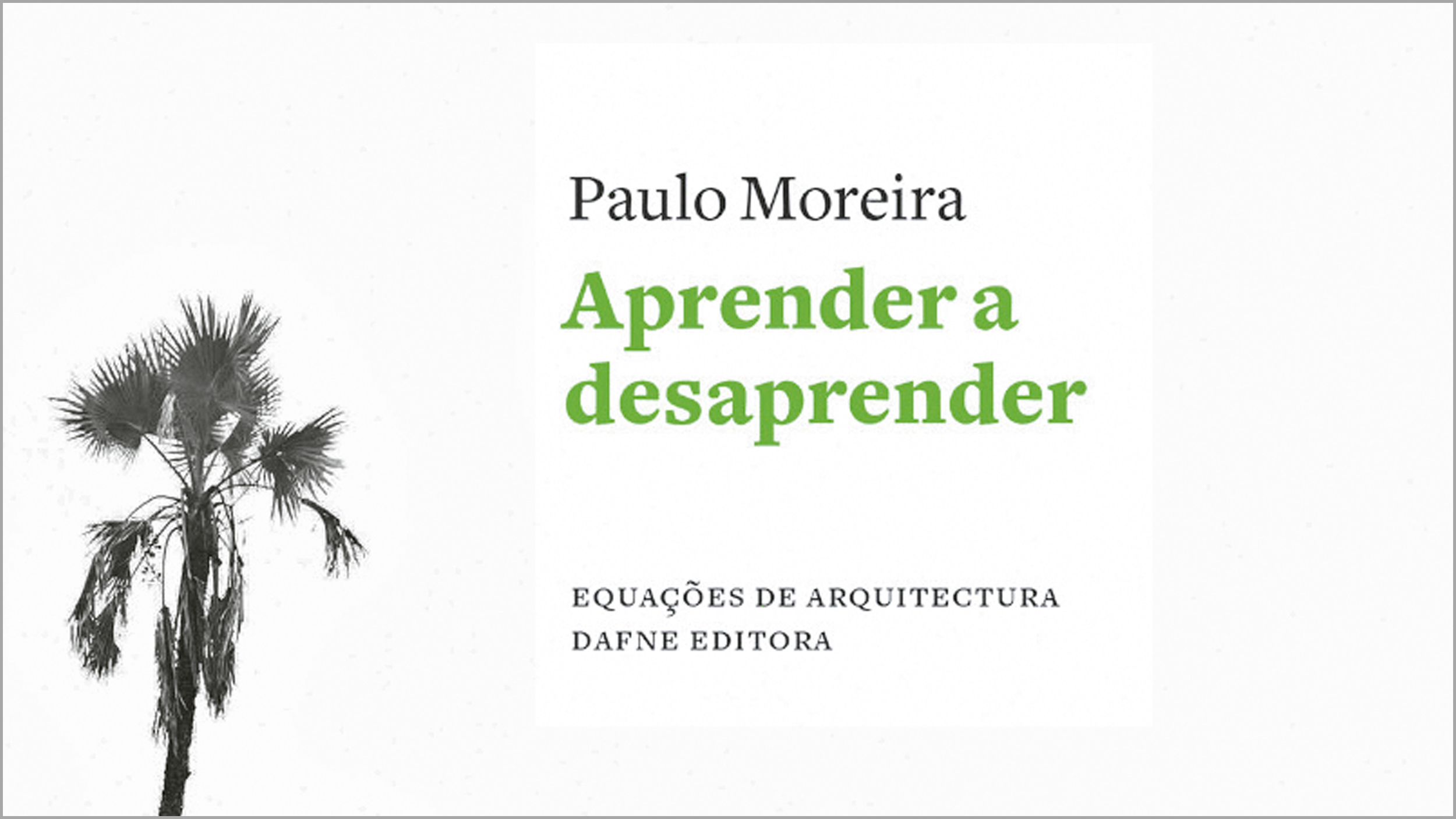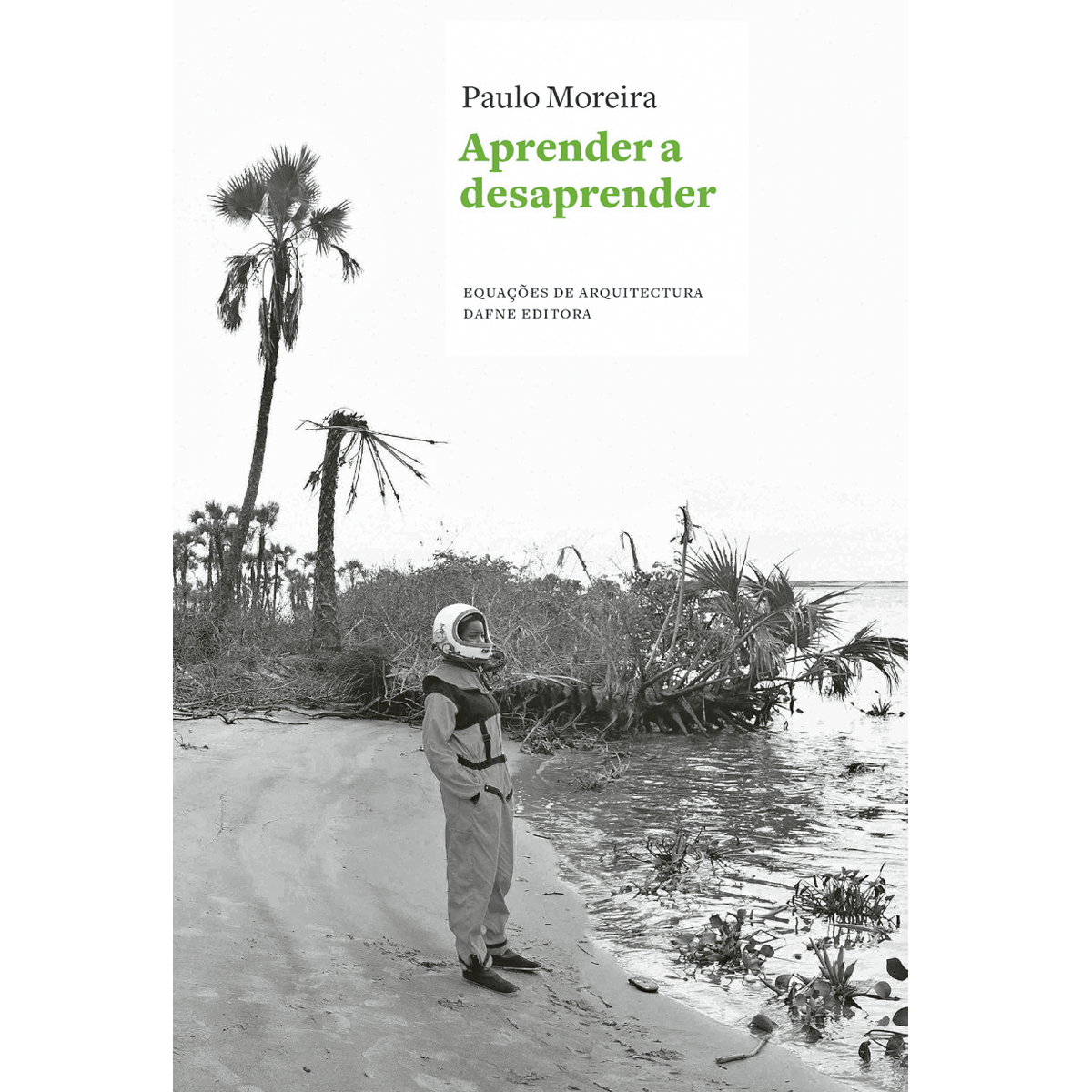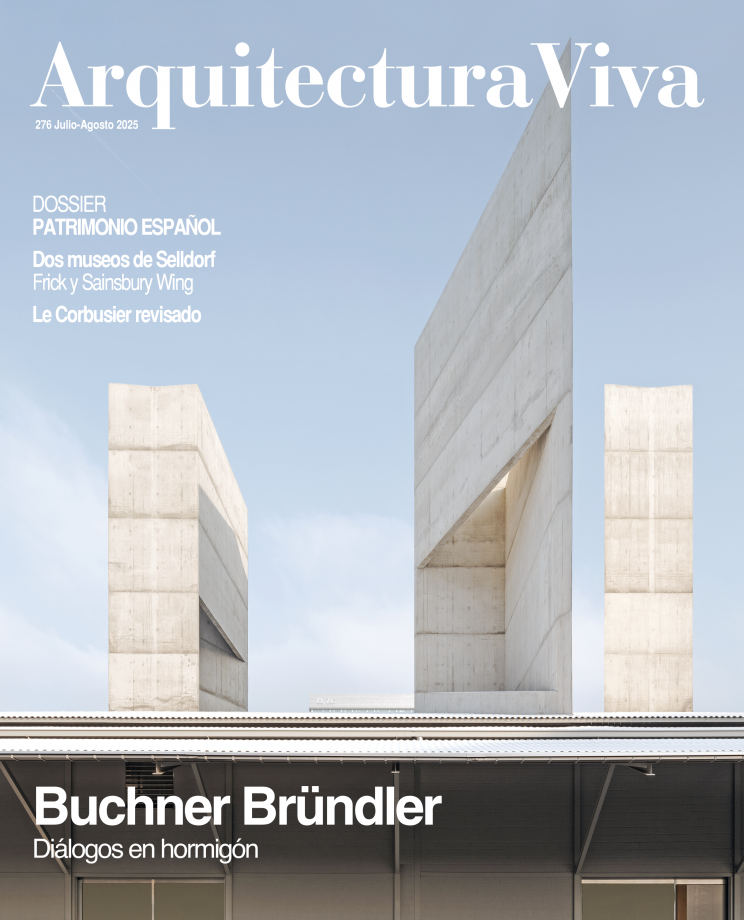
Here is a compilation of conversations that took place at O Instituto, an independent space in Porto for sharing experiences of colonial processes, founded by Paulo Moreira. At first it looks like an introduction to decolonial theory and practice, presented from the lens of imperial Portugal’s context; the text, however, rather than building a specific theoretical framework, reconciles positions within the profession.
The experiences are wide-ranging, from architectural and artistic initiatives in ex-colonies to works undertaken from diasporas, through projects in the mother country that question the grounds of Western thought. Testimonies verify the need to address and glean lessons from the imbalances generated by a structurally colonial modernity. As artist Mónica de Miranda explains, decolonization works on simultaneous temporary planes: through memory, it fans out into multiple histories; through perception, it analyzes the present from more empathic angles; with imagination, it molds fairer, more diverse futures. The book’s true worth lies in its defense of shared work spaces in a discipline, architecture, that must undergo a rethinking if it wants to be of use to a changing society.
Meanwhile, in Spain we still await an earnest debate on the legacy of the Spanish Empire and its manifestations in the built domain; the start of the pegagogical and critical processes of decolonizing an architectural mindset interwoven with the extractive logics of progress. A revision which requires meeting hubs and think tanks like O Instituto.







